- APPLY FOR SLOT
- Internal Users
- External Users
- SLOT BOOKING STATUS
Thermal Analysis (DSC, DTA, TGA, TMA) Laboratory
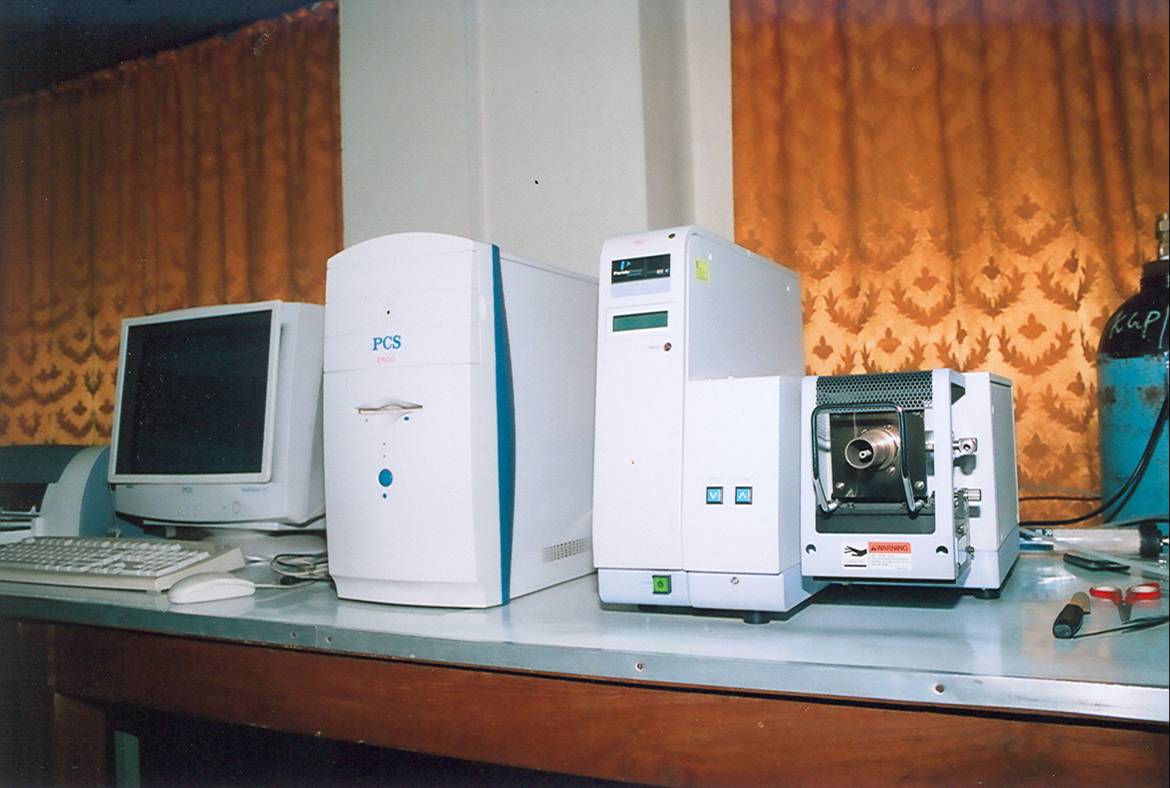
Phone : +91-3222-282493
Location : OB / FF / 12, CRF
Facilitator :
Dr. Titash Mondal, Rubber Technology Center
Email: titash@rtc.iitkgp.ac.in, Contact:+91-3222-283182
For Internal Users - Click Here to apply for Slot
For External Users - Click Here to apply for Slot
Objectives
1. Differential Scanning Calorimeter (DSC)
Type of analysis/characterization possible with the instruments: Typical applications include determination of melting point and the heat of melting; measurement of the glass transition temperature; curing and crystallization studies; and identification of phase transformations.
Recent works of significance done with the instrument/facility: Thermal stability of nanocomposites (isothermal and non-isothermal grain growth studies), glass transition temperatures of polymeric materials, curing of polymeric materials.
Type of projects in which the instrument can be useful:
New materials development
Understanding reactions mechanisms and kinetics
Understanding thermal stability of nano materials
2. Thermo-Gravimetric and Differential Thermal Analyzer (TG-DTA)
Type of analysis/characterization possible with the instruments: Reactions/phase transition temperatures, melting/fusion temperatures, heat capacity, crystallization temperatures, analysis of deabsorption and decomposition behavior, characterization of oxidation behavior, etc.
Recent works of significance done with the instrument/facility: Thermal stability of polymer nano composites, TG studies on the calcination of aqueous combustion synthesized metal oxide powders, analysis of reactions towards formation of new ceramic compounds, effect of mechanical milling on the reaction onset temperature of aluminum based nano composites.
Type of projects in which the instrument can be useful:
Research on developing nano materials, new alloys, intermetallics and ceramic materials
Develop understanding of degradation mechanisms
Interaction between different materials, formation of new phases, etc.
Crystallization behaviour of amorphous materials
3. Thermo Mechanical Analyzer (TMA)
Type of analysis/characterization possible with the instruments: Expansion coefficients, glass transition temperatures, softening temperatures, solid-solid transitions, melting behavior, swelling behavior etc.
Recent works of significance done with the instrument/facility: Sintering behaviour of nano composite materials, evaluation of thermal expansion coefficient for steel based composites.
Type of projects in which the instrument can be useful: Development of new materials such as nano composite
People

Dr. Titash Mondal
Facilitator
Rubber Technology Center
titash@rtc.iitkgp.ac.in
+91-3222-283182

Mr. Vishal Gupta
Technical Staff
Central Research Facility
vishal.gupta@adm.iitkgp.ac.in
82480
Equipment Details
Differential Scanning Calorimeter (DSC)
|
Thermo-Gravimetric and Differential Thermal Analyzer (TG-DTA)
Specification of the Instrument: Temperature range: 50 - 1500oC
Heating rate: Typical: 10oC/min, Maximum: 40oC/min
Crucibles: Alumina, Platinum
Manufacturer details:
Perkin Elmer Pyris Diamond TG-DTA
Purchase source (funding): Year of Installation: CRF Operating Grant
Year of installation: 2002
Thermo Mechanical Analyzer (TMA)
Specification of the Instrument: Temperature range: Ambient to 1500oC (Environment: N2) Heating rate: Typical: 10oC/min, Maximum: 100oC/minManufacturer details:
Perkin Elmer Diamond TMA
Purchase source (funding): CRF Operating Grant
Year of installation: 2007
Utility and Working Principal
Sample Details
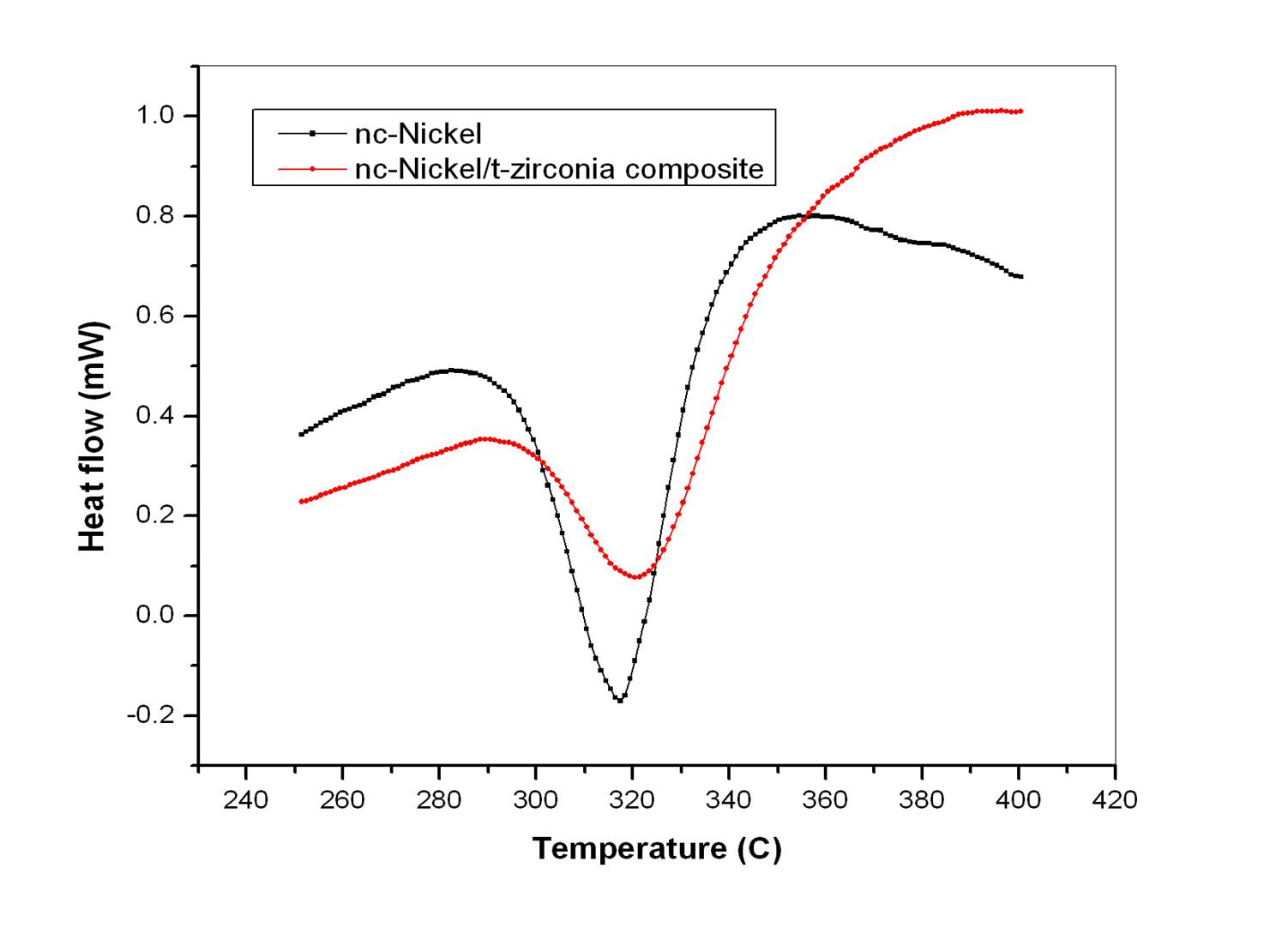
DSC thermograms showing grain growth for nanocrystalline nickel and nanocrystalline nickel/nanocrystalline ZrO2 nanocomposite at 20 C/min.
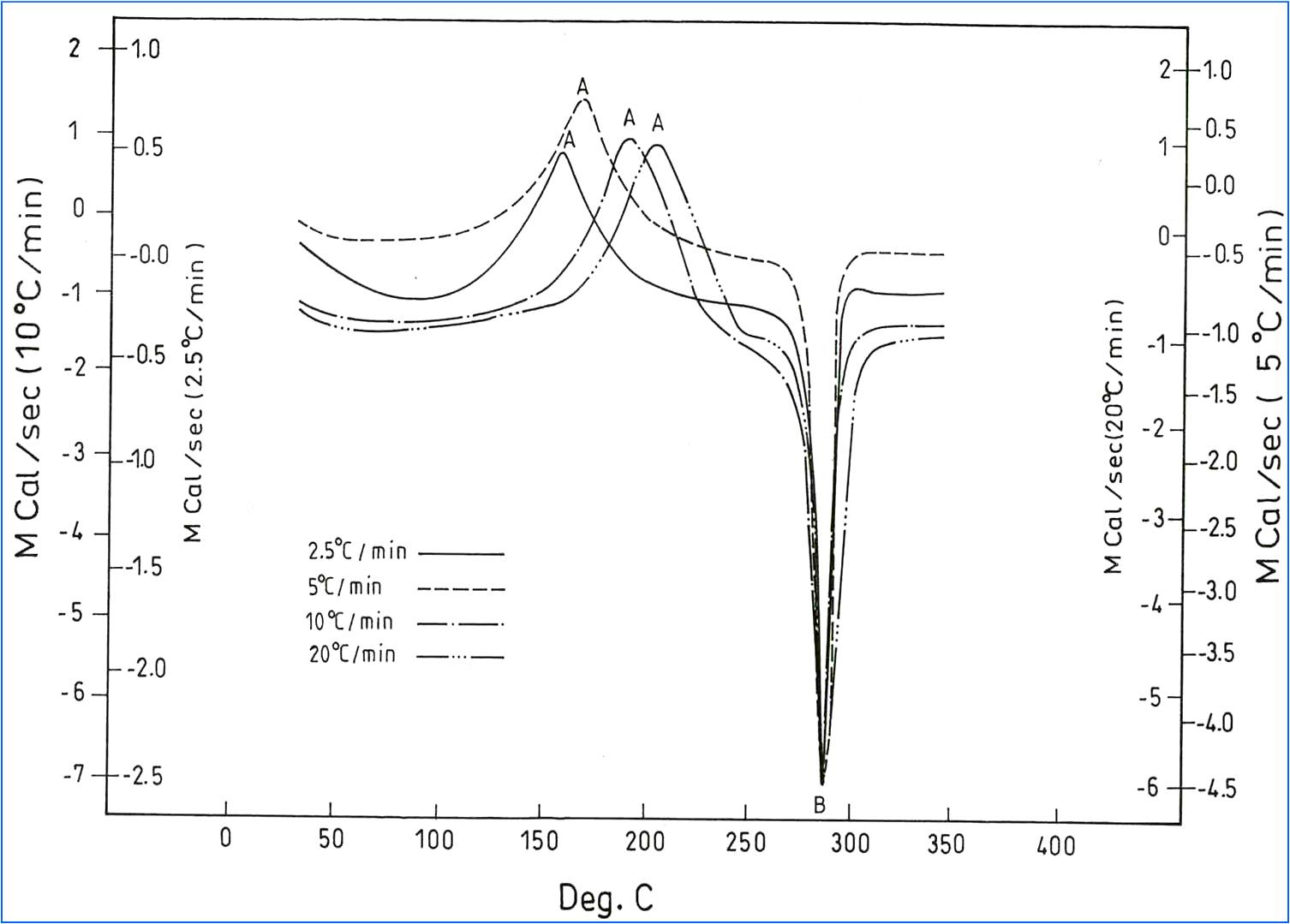
Non-isothermal DSC therrmograms of ZNi3 (70.32%Zn, 26% Al, 1.58% Cu, 0.05% Mg and 0.9% Ni) showing how the peak temperature for precipitation reaction is changing with the heating rate.
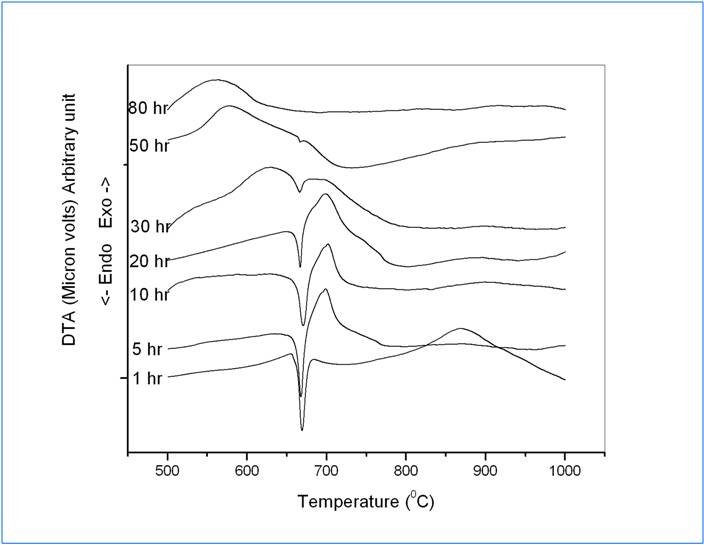
The DTA heating traces for the milled powders (Al-CeO2) showing how the exothermic peak for displacement reaction is changing with the milling time.
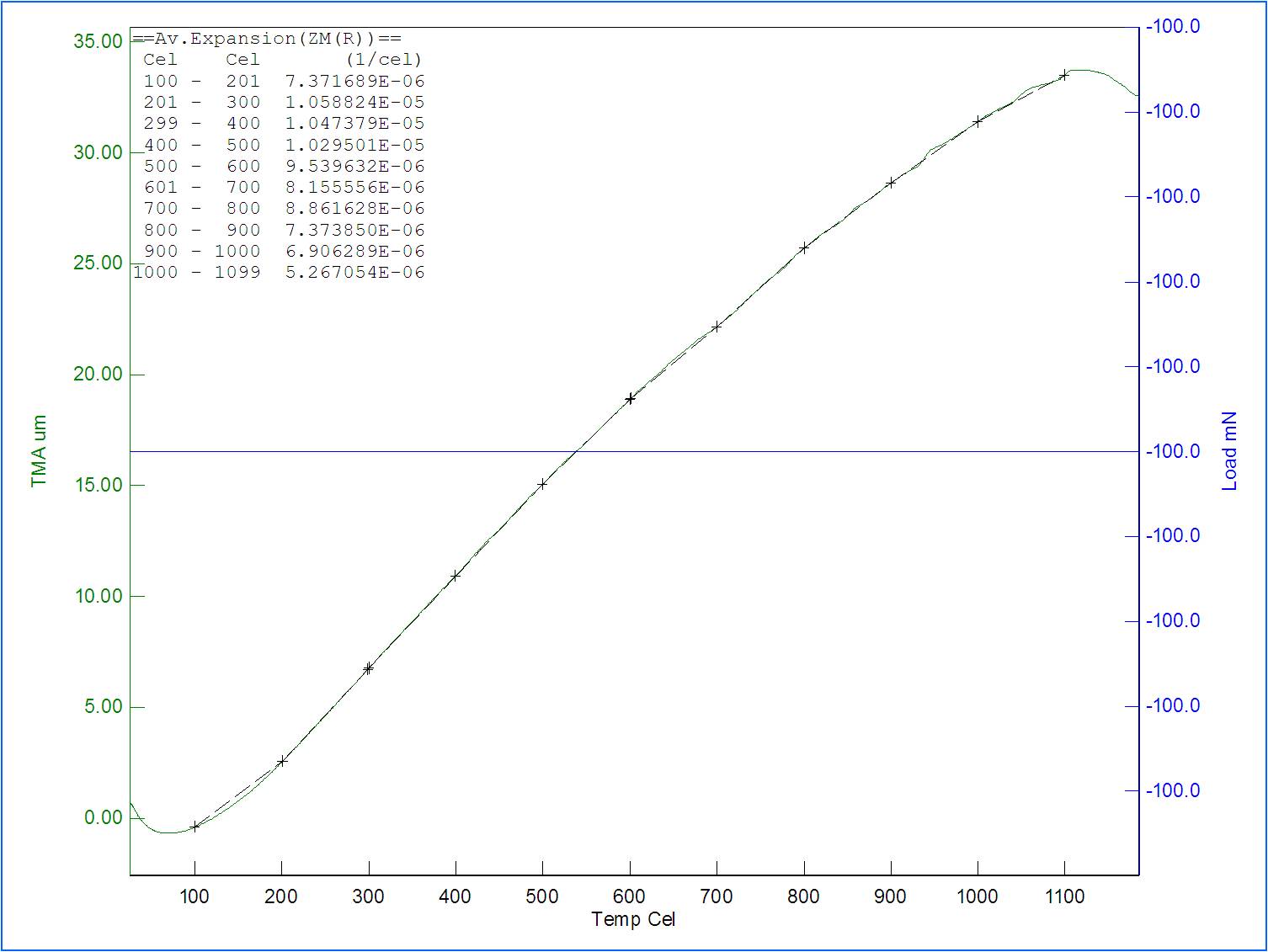
Measurement of the coefficient of thermal expansion (CTE) of the ultrahigh-temperature ceramics (UHTCs) showing variation of CTE with temperature.




